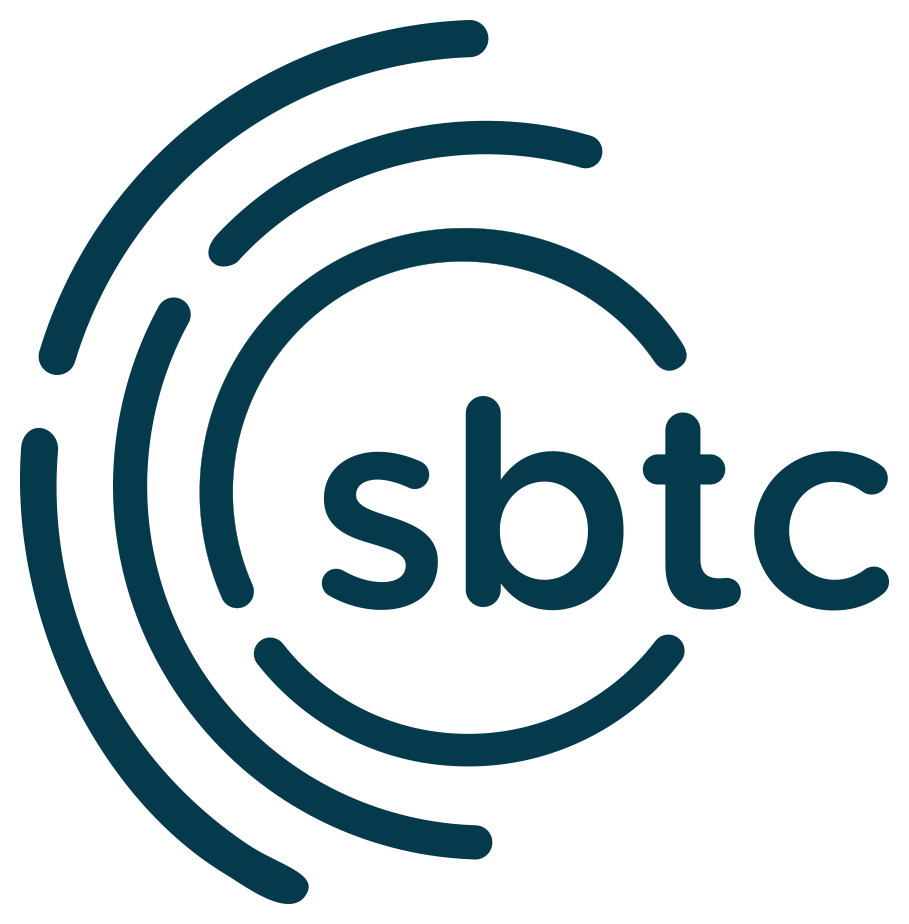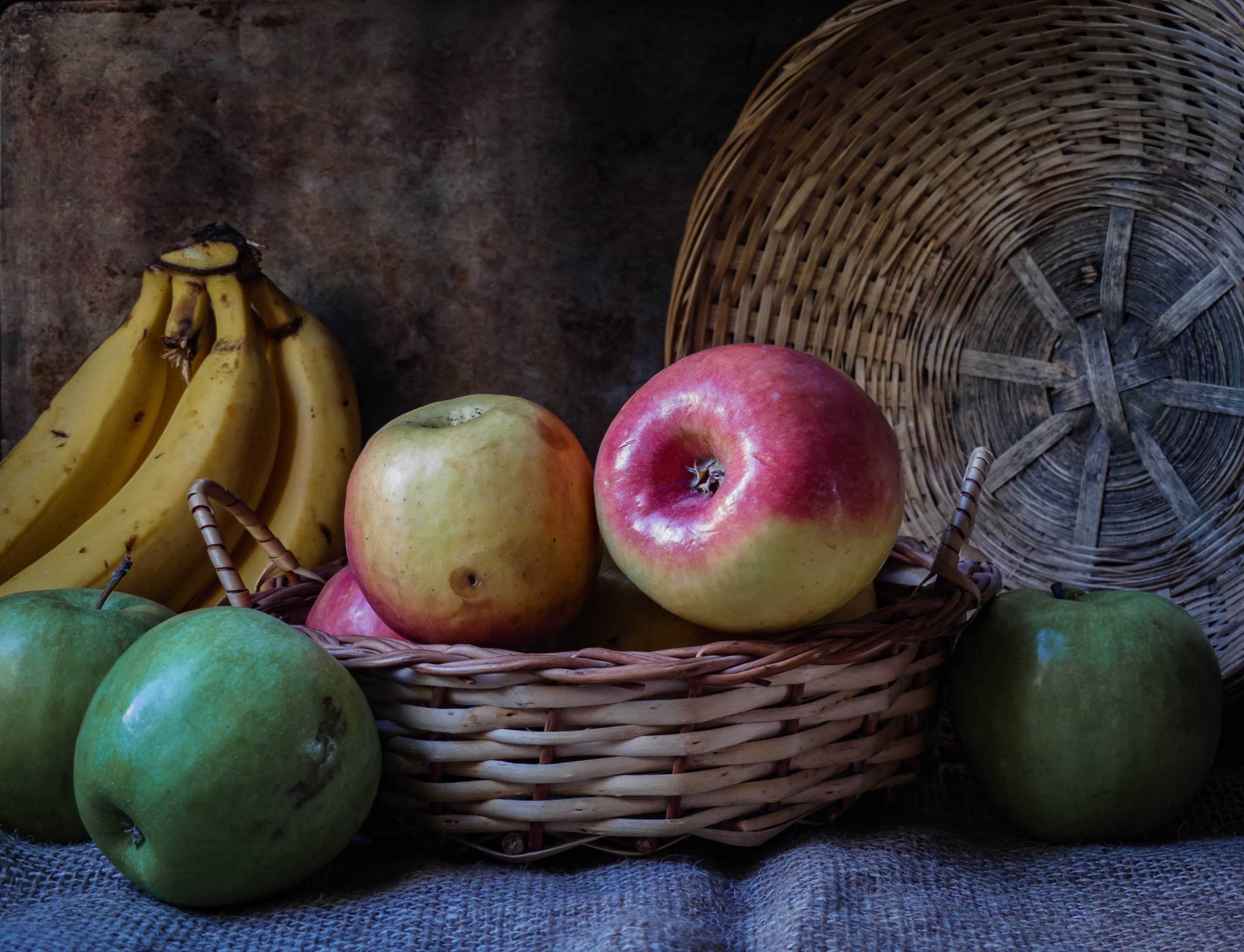I moved to Texas to escape the cold.
I told myself it was for a new job in ministry and therefore a fresh start—but also because no one hates winter more than me. Thankfully most of the year, Texas feels like an eternal summer, and I couldn’t be happier about it. Gardens, energy, tans, avocados—all good things are cultivated by sun exposure.
And January, in all its bleakness, definitely airs on the leaner side of the winter months, right? New Year’s Eve parties are interesting, and resolutions can be inspiring, but other than that, the new year seems to reveal our deficiencies more than anything.
Despite its lack of appeal as a month, however, January does house my favorite time of the year.
You see, many years ago as a high-school senior with no clear direction on where I was heading for college, I decided to give fasting a try. I figured I had nothing to lose and potentially a lot of insight to gain.
For seven days I abstained from solid food while committing myself to seeking the Lord. It was a clumsy attempt at best, and I spent more moments lost in daydreams about mozzarella sticks than praying, but the Lord stepped in and provided clarity where my confusion formerly existed. Since then, fasting has become a regular and critical discipline in my life.
“Abstaining from food for spiritual purposes” … that is the best working definition of biblical fasting I’ve heard since studying it.
And now, I can’t imagine not starting my new year without dedicating it to fasting and praying. And this year, I have invited the college students I lead into practicing it as well.
I relay to them that “first fruits” have deep spiritual significance in relation to our walk with Christ. In scripture, we see God calling people to commit the best of what had been entrusted to them—back to Him. That included their crops and livestock, and the first tenth of their resources.
In the same vein, we can give God the first fruits of our year by committing time in January to seeking Him wholeheartedly.
For me, that always involves fasting, because it’s the truest way I have found to put away myself while putting on Christ. Our physical bodies and minds are being fueled daily by food—it’s the primary need shared by all human beings. Therefore, to go without it, to abstain from food to feed our spirits rather than our flesh, is not only sacrificial but, in physical terms, radical.
Because it is overwhelmingly difficult for us to say no to ourselves, right? Daily, we say yes to satisfying our needs multiple times a day. Where there is hunger, we feed it; where there is craving, we satiate it; where there is an indulgence, we justify it. It is the normative pattern of our day-to-day lives. So as the Spirit of God leads, when we say no to hunger—this basic necessity—we break pattern and tradition and, often, strongholds in our lives.
Through fasting:
- We say yes to feeding and fueling our awareness and openness to the Spirit of God.
- We allow God’s Word to be our daily bread and source of nourishment, and His Spirit to be water to our souls.
- We learn what it means to truly hunger and thirst after righteousness and to taste and see that the Lord is our greatest good.
Let me briefly clarify, though, what fasting won’t do for you or your ministry:
- It won’t make you or the people you lead any more spiritual or even godly.
- It won’t be some supernatural-religiosity cloak you arrogantly strap on a few times a year to showcase your fervor of faith.
- It won’t even be intrinsically valuable in and of itself, because to singularly go without food is quite simply starvation.
Yet to go without food to pray and seek God is a discipline we see modeled by Jesus Himself and His followers afterward.
Like any other spiritual discipline, fasting itself is not the thing to be praised. It is simply a path we can take to see, seek, and experience Christ in new ways. To glory in the practice rather than our Savior is idolatry. And to revel in the created thing we desire rather than the Creator is idolatry as well.
January is now my favorite time because, by God’s grace, I will come out of that time changed, and so will the people I practice it with. Not because of what we’ve done, but because of the One whose presence we’ve been in more fully. It’s often the hardest, most glorious time because in my deepest need and most desperate hunger, Christ meets me there—and is always sufficient.
My relationship with Him then feels different and special, not necessarily because I am fasting, but because I am consistently drawing near to Him.
As I write these words, sipping coffee in a café in Tyler, Texas, I am three days into my favorite time of the year. Part of me can’t wait to eat a pizza in February, and part of me doesn’t ever want this to end. But my prayer is what I love about January spreads to my day-to-day experience.
Realizing saying no to my flesh and yes to God’s Word is always meant to be a consistent, rather than fragmented, part of my walk with Christ.
But I challenge you with this:
- How can the first-fruits of your year be given over to God, not only personally, but also for His guidance in the ministry He’s entrusted to you?
- If you are lacking in zeal or direction or breakthrough (or someone dear to you is) how can you invite God’s power into your life by hungering and thirsting after Him alone?
- How can you put away your flesh and model seeking Jesus above all other things?
Today may be the day for us to break tradition and normalcy to seek our Father through fasting— because even a short period of time can produce long-term effects.
So here’s to you, January— may you come to be the best and most necessary part of our year, reminding us that Jesus is not only enough, He is better. And He’s waiting— for our hunger not only to be directed to Him, but satisfied in Him. Amen.







